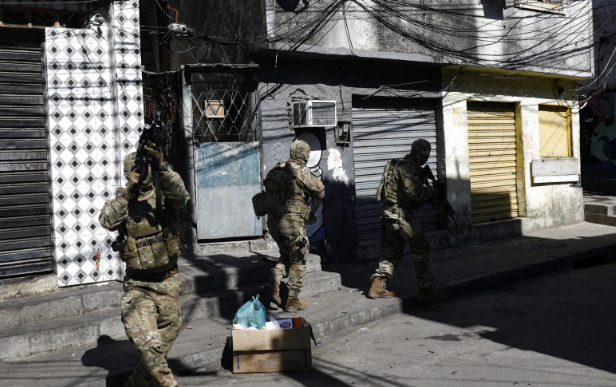WASHINGTON: US President Donald Trump signed several executive orders Monday on his first day in office.
"The first item that President Trump signed the rescission of 78 Biden-era executive actions, executive orders, presidential memoranda and others," an administration official announced during the signing event at the Capital One Arena in Washington, D.C.
Trump was sworn in for a second term, heralding a major shift in the US government that is widely expected to send shockwaves through American society and the world.
Addressing his supporters, he said he will revoke nearly 80 "destructive and radical" executive actions of the previous Biden administration.
Following his speech, Trump signed executive orders, including for the withdrawal of the US from the Paris Climate Agreement, restoring free speech protection, ending the weaponization of government, a regulatory and hiring freeze for government agencies, the return to in-person work, and a cost of living crisis directive.
Returning to the White House after his address, Trump continued to sign more executive orders while replying to reporters' questions.
First, Trump signed an executive order to pardon nearly 1,500 defendants charged in the Jan. 6, 2021 attack on the US Capitol.
Declaring national emergency at southern US border
He also signed an executive order declaring a national emergency at the southern US border that paves the way to deploy American troops there.
During his address following the inauguration ceremony at the Capitol Rotunda, Trump said he would declare a national emergency at the southern border
"All illegal entry will immediately be halted, and we will begin the process of returning millions and millions of criminal aliens back to the places in which they came," said the president, a pledge he repeated during his campaign.
Among the executive orders signed by Trump is ending birthright citizenship.
"This next order relates to the definition of birthright citizenship under the 14th Amendment of the United States. That's a good one. Birthright. That’s a big one," he said.
Under the 14th Amendment to the Constitution, any person born within the territory of the US is an American citizen.
At the Oval Office, Trump also signed an executive order designating cartels and other organizations to be foreign terrorist organizations.
"Mexico probably doesn't want that. We have to do what's right. They're killing our people. They're killing 250,000-300,000 American people a year," he said.
He also said he wanted to work with countries from South America to coordinate immigration in general.
I'm fine with legal immigration. I like it. We need people, and I'm absolutely fine with it," said the president.
Trump withdraws from Paris climate agreement, WHO
Trump signed an executive order to withdraw the US from the Paris climate agreement.
He also signed a letter that will be transmitted to the UN explaining the withdrawal from the treaty.
Separately, Trump also ordered the US to leave the World Health Organization (WHO).
"World Health ripped us off. Everybody rips off the United States, and that’s it. It's not going to happen anymore," he told reporters.
Trump said the US paid $500 million to the UN body.
"Seemed a little unfair to me, so that wasn't the reason, but I dropped out...China pays $39 million and we pay $500 million, and China's a bigger country," he said.
Suspension of US foreign assistance pending review
Trump has suspended all US foreign assistance programs for 90 days pending reviews of consistency with his policy.
"All department and agency heads with responsibility for United States foreign development assistance programs shall immediately pause new obligations and disbursements of development assistance funds to foreign countries," said the executive order, which was signed by Trump in the Oval Office.
However, it did not explicitly put forward how much assistance would initially be affected by the move.
It said the US foreign aid industry and bureaucracy are not aligned with American interests and in many cases are antithetical to American values, adding: "They serve to destabilize world peace by promoting ideas in foreign countries that are directly inverse to harmonious and stable relations internal to and among countries."
Reinstatement of Cuba on state sponsors of terrorism list
Trump reinstated Cuba’s designation as a state sponsor of terrorism, reversing an executive order issued by former President Joe Biden just days earlier.
Biden had removed the designation under a plan negotiated by the Vatican to secure the release of political prisoners in Cuba. In response, Cuban authorities had begun releasing detainees, including 24-year-old Reyna Yacnara Barreto Batista, who had been serving a four-year sentence for public disorder charges.
The Trump administration’s move complicates Cuba’s pledge to release more than 500 prisoners under the agreement. It remains unclear how many additional detainees will be freed following Trump’s decision.
Cuban President Miguel Diaz-Canel condemned the reversal, describing it on social media as an “act of mockery and abuse.” Cuba has consistently denied allegations of supporting terrorism.
To delay TikTok ban
Trump signed an executive order in an attempt to delay a ban on the popular short-video app TikTok for 75 days.
According to the order, Trump is pursuing a resolution that protects national security while saving a platform used by 170 million Americans.
"I think the US should be entitled to get half of TikTok," he told reporters while signing executive orders at the Oval Office.
He said TikTok could be worth a trillion dollars.
"Essentially with TikTok, I have the right to sell it or close it, and we'll make that determination, and we may have to get an approval from China too. I'm not sure, but I'm sure they'll approve it," he said.
He also said his administration will work on "a joint venture" between the US and undisclosed other entities.
"I think you have a lot of people that would be interested in TikTok with the United States as a partner," he added.
On Friday, the US Supreme Court upheld a law that would ban TikTok unless its Chinese-based parent company, ByteDance, divests from the app. After going offline earlier Sunday, TikTok announced that it was in the process of restoring services to its US users following assurances from Trump.
Restoring names to honor American 'greatness'
The orders include renaming initiatives such as reverting Mount Denali to Mount McKinley and renaming the Gulf of Mexico to the Gulf of America, citing the need to honor American heritage and historical figures.
A key military directive orders NORTHCOM to "seal the borders" within 10 days, targeting illegal migration, drug trafficking, and related criminal activities to protect US territorial integrity.
Energy policy features prominently, with orders aimed at expanding resource development in Alaska and declaring a national energy emergency to boost domestic production, citing inadequate domestic energy and mineral production capacity. It calls for expanded development across all energy sectors to support manufacturing, transportation, and defense industries.
Other significant orders include establishing a Department of Government Efficiency, implementing an "America First" foreign policy directive, and investigating the global compliance level of OECD Global Tax Deal, which the administration claims infringes on US tax sovereignty. The treasury secretary is directed to investigate foreign countries' tax compliance and develop protective measures for American companies affected by extraterritorial tax rules.
Besides those, Trump also issued orders targeting broad changes across federal institutions and national policy priorities.
The directives include an overhaul of federal hiring practices, emphasizing merit-based selection while eliminating diversity, equity, and inclusion programs across government agencies.
On law enforcement, Trump ordered the reinstatement of federal death penalty protocols and enhanced public safety measures.
Additional orders focus on holding former government officials accountable for alleged election interference and unauthorized disclosure of sensitive information.
The series of executive actions represents one of the most extensive day-one policy reversals in recent presidential history, targeting core areas of government operations and national security.
.jpg)

.jpg)
.jpg)
.jpg)
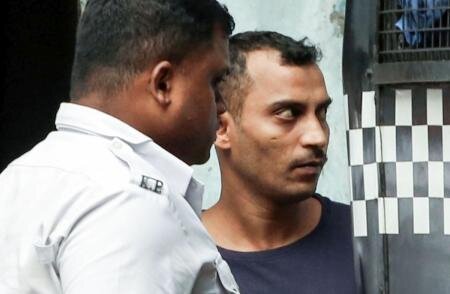



.jpg)


.jpg)
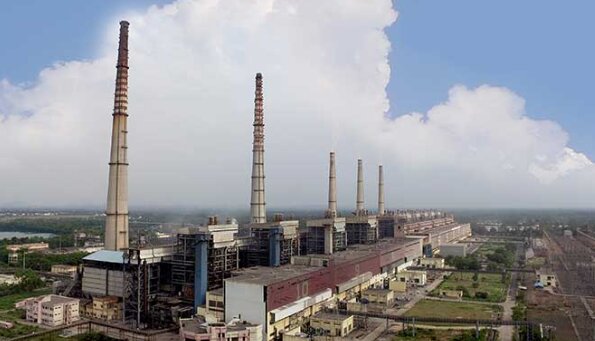
.jpg)








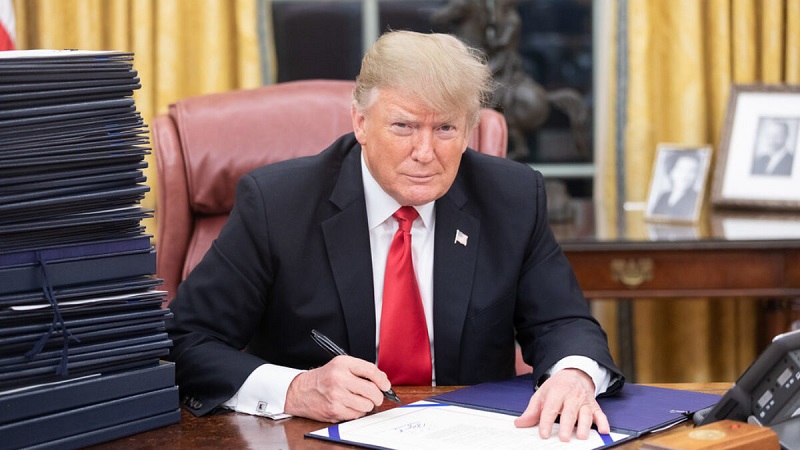

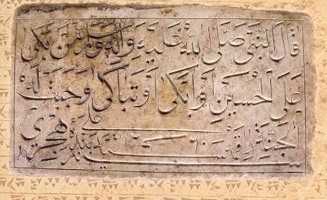
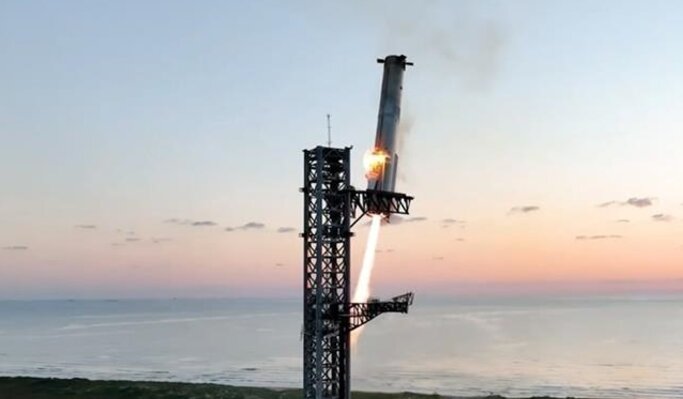
.jpg)
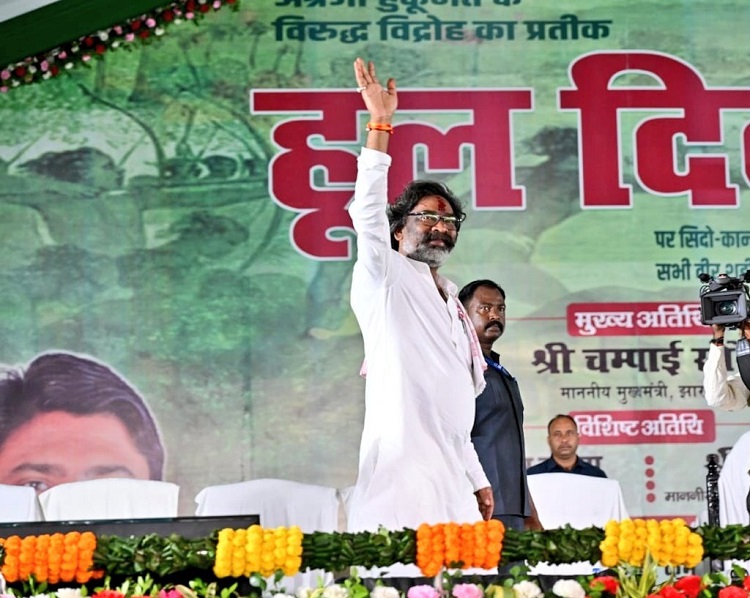
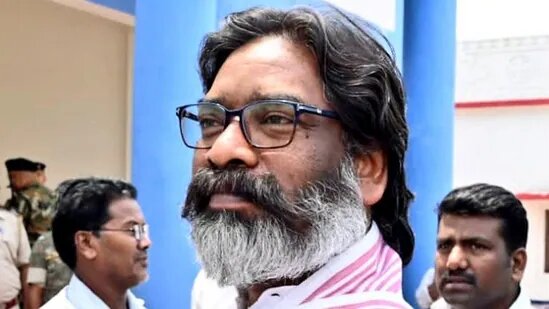
.jpg)
.jpg)



.jpg)
.jpg)


.jpg)
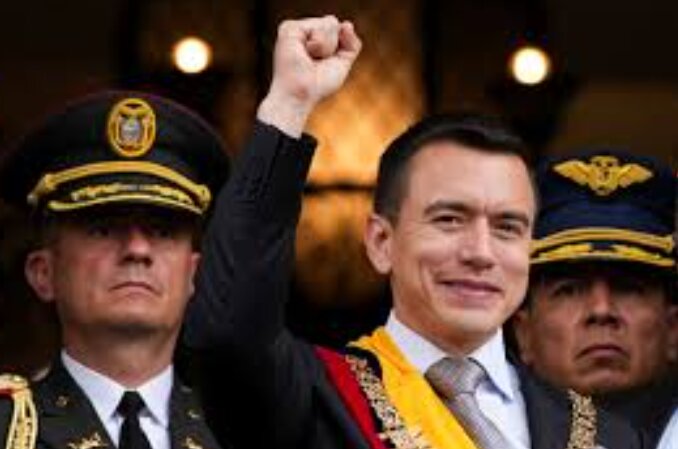
.jpg)
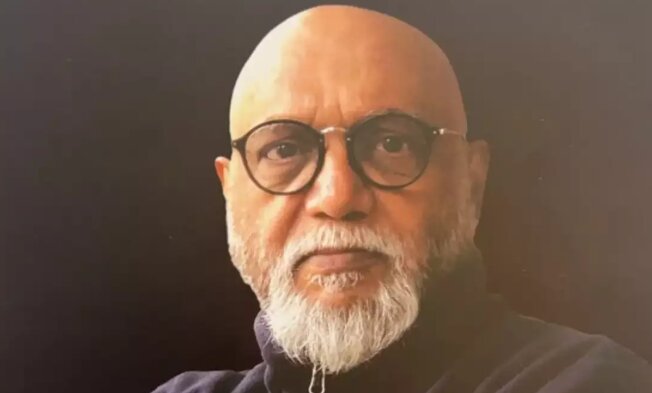
.jpg)
